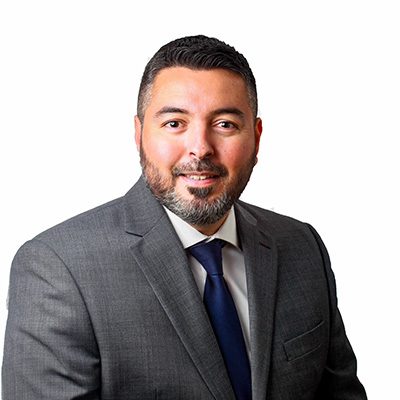In a unanimous opinion delivered by Justice Alito in City of San Antonio v. Hotels.com, ET AL, the U.S. Supreme Court affirmed that district courts do not have the discretion to deny or reduce appellate costs. Rather, that discretion lies solely with Courts of Appeals. The appellate costs at issue in this case were the premiums paid for a supersedeas bond obtained by the online travel companies (OTC’s), which are generally the most significant cost incurred by an appellant on appeal, and totaled over $2 million in this case.
The court’s opinion points out that “Rule 39 creates a cohesive scheme for taxing appellate costs.” in the Courts of Appeals. These default rules are outlined in subdivision (a):
“(1) if an appeal is dismissed, costs are taxed against the appellant, unless the parties agree otherwise;
“(2) if a judgment is affirmed, costs are taxed against the appellant;
“(3) if a judgment is reversed, costs are taxed against the appellee;
“(4) if a judgment is affirmed in part, reversed in part, modified, or vacated, costs are taxed only as the court orders.”
According to the court’s opinion, the Courts of Appeals still maintains a wide latitude in determining how to appropriate costs, and they can “depart from the default rules” of Rule 39(a).
Subdivision (e) addresses the type of costs on appeal that are taxable by the entitled party in the district court, which specifically includes “premiums paid for a bond or other security to preserve rights pending appeal” in subdivision (3) of that section. Consequently, the court’s opinion didn’t see any question about the inclusion of supersedeas bond premiums as a taxable cost.
In summary, the court believed the text’s meaning was straight forward. The court also pointed out that these rules have been in place in some form for nearly 50 years, and they saw, “no evidence that appellate courts have struggled to allocated costs in the past”.
What Impact Will This Have?
In our view, very little. Granted we are not attorneys, so this is not legal advice, however, Rule 39 has existed for quite some time. Nothing is changing with regards to appellants being able to pursue their costs on appeal, specifically for supersedeas bonds. The opinion seems to simply put to rest any question about which court determines appellate costs.
Dan Huckabay is President of Court Surety Bond Agency (CSBA) located in Orange, California. CSBA is a leading surety broker specializing in appeal bonds nationwide. He is a member of the ABA’s Council of Appellate Lawyers and frequent presenter and author on the topic of appeal bonds. He has also served as an expert for various cases involving appeal bonds. Dan can be reached at (877) 810-5525 or Dan@courtsurety.com.

